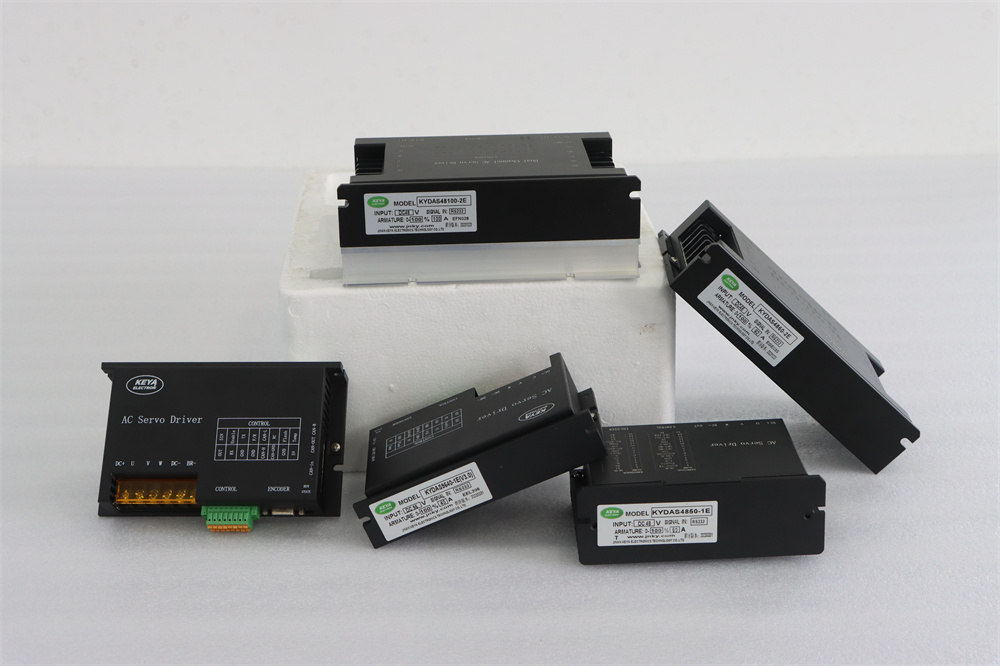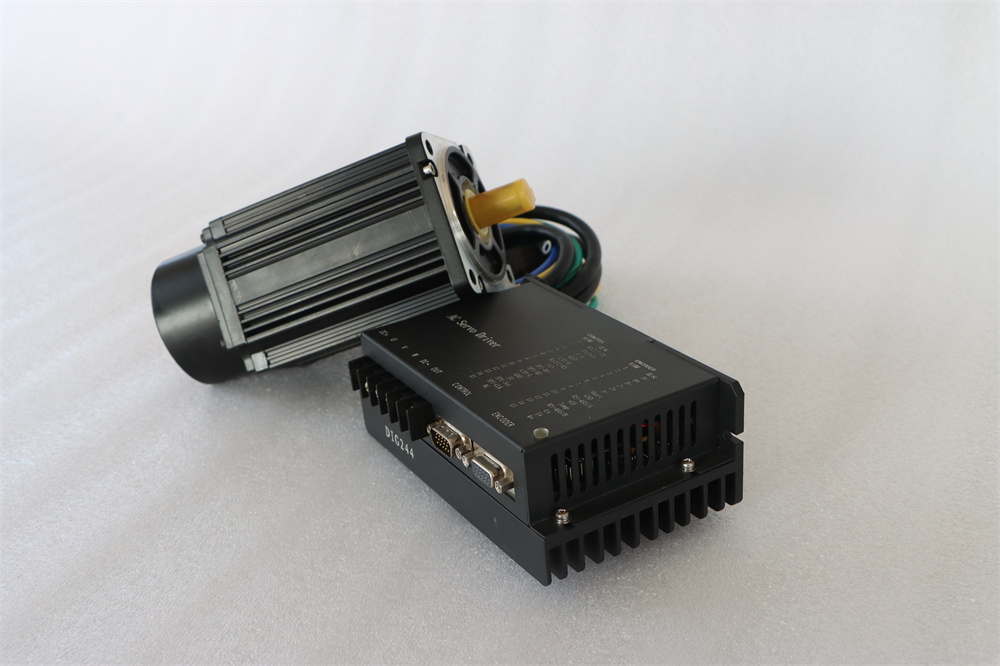Views: 0 Author: Site Editor Publish Time: 2024-08-22 Origin: Site
In the realm of automation and robotics, servo motor drivers are essential components that enable precise control of motor functions. Whether you’re working with industrial machinery, robotics, or consumer electronics, understanding the role of these drivers can significantly enhance your projects. In this blog, we will explore the various types of servo motor drivers, focusing on brushed DC servo motor drivers, and delve into their functionalities, applications, and key specifications such as DC servo drive voltage.
## What is a Servo Motor Driver?
A servo motor driver is an electronic device that controls the operation of a servo motor. It interprets input signals from a controller and adjusts the power supplied to the motor to achieve the desired position, speed, and torque. Servo motor drivers are crucial for applications that require high precision and responsiveness.
### Types of Servo Motor Drivers
1. Brushed DC Servo Motor Driver:
Brushed DC servo motor drivers are designed specifically for brushed DC motors. These drivers provide the necessary control to manage the speed and position of the motor effectively. They are widely used in applications where simplicity and cost-effectiveness are essential. The brushed DC servo motor driver typically includes features such as speed control, direction control, and feedback mechanisms to ensure accurate performance.
2. DC Servo Drive:
A DC servo drive is a broader term that encompasses various types of drivers used for DC motors, including brushed and brushless types. These drives are responsible for converting control signals into power signals that drive the motor. They can handle different types of DC motors, making them versatile solutions for various applications.
3. Brushed DC Servo Drive:
This term specifically refers to the drive systems that control brushed DC motors. A brushed DC servo drive typically includes a power amplifier, a controller, and feedback devices to ensure precise control over the motor's operation. These drives are favored in applications where high torque and speed control are required.
## Key Specifications: DC Servo Drive Voltage
One of the critical specifications to consider when selecting a servo motor driver is the DC servo drive voltage. This voltage determines the power supplied to the motor and directly affects its performance. Here are some key points to consider regarding DC servo drive voltage:
- Voltage Range: Different servo motors operate at different voltage levels. It’s essential to choose a driver that matches the voltage requirements of your motor to ensure optimal performance.
- Power Supply: The power supply must be capable of delivering the required voltage and current to the servo motor driver. Insufficient voltage can lead to underperformance, while excessive voltage can damage the motor.
- Efficiency: The efficiency of the driver can also be influenced by the voltage level. Higher voltages can lead to better performance in terms of speed and torque, but they must be balanced with the motor's specifications.
## Applications of Servo Motor Drivers
Servo motor drivers, particularly brushed DC servo motor drivers, are used in a wide range of applications, including:
- Robotics: In robotic systems, precise control of movement is crucial. Servo motor drivers enable accurate positioning and speed control, allowing robots to perform complex tasks.
- Industrial Automation: Many manufacturing processes rely on servo motors for tasks such as assembly, packaging, and material handling. Servo motor drivers ensure that these operations are carried out with precision and efficiency.
- Consumer Electronics: From camera autofocus systems to electric toys, brushed DC servo motor drivers are commonly found in consumer products that require precise motion control.
## Conclusion
Servo motor drivers are vital components in the world of automation, providing the necessary control for various types of motors, including brushed DC motors. Understanding the differences between brushed DC servo motor drivers, DC servo drives, and brushed DC servo drives can help you make informed decisions for your projects. Additionally, paying attention to specifications like DC servo drive voltage is crucial for ensuring optimal performance.
Whether you’re developing a robotic system, automating a manufacturing process, or designing a consumer electronic device, choosing the right servo motor driver will significantly impact the success of your application. Embrace the power of precision control with servo motor drivers and unlock new possibilities in your automation endeavors!